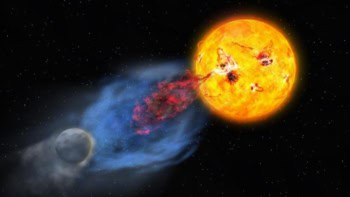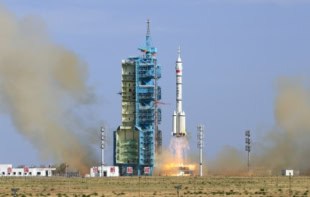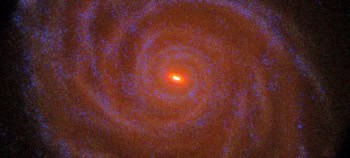Two stars that were thought to be among the first produced in the universe were in fact formed from the explosion of an older star, according to astrophysicists in Japan. Ken'ichi Nomoto and colleagues from the University of Tokyo came to this conclusion by comparing the chemical composition of the stars with a computer model (Sciencexpress 1112997). The work could help shed more light on the nature of the first stars.
One of the biggest challenges in astronomy is identifying the first stars in the universe — those that were born from a primordial gas of hydrogen and helium. These “first-generation” stars should contain very few heavier elements, which are known collectively in astrophysics as “metals”. There was therefore much interest when two teams of astronomers (the second of which included Nomoto) found two stars, one in 2002 and the other this year, in which the ratio of iron to hydrogen is about a hundred thousand times less than in our Sun.
Now, however, Nomoto and colleagues argue that these “hyper-metal-poor” stars are in fact “second-generation” stars. They have very unusual chemical abundances, including a ratio of carbon to iron that is ten thousand times as much the Sun. The Japanese team believes that the stars were formed from gases that were chemically contaminated by a first-generation star that had died and formed a black hole in a supernova explosion.
According to their model, most of the iron synthesized in the first supernovae “fell back” onto the black holes that were formed, which meant that only a tiny fraction of iron was ejected into interstellar space. The Tokyo group tested its predictions by comparing the observed chemical abundances of the two stars with those obtained in computer calculations.
The result means that the nature of the first stars could now be predicted more quantitatively. “Our study shows that stars 20 to 130 times heavier than the Sun that underwent supernovae explosions and formed black holes played an important role in the earliest chemical enrichment of the universe,” says Nomoto.



